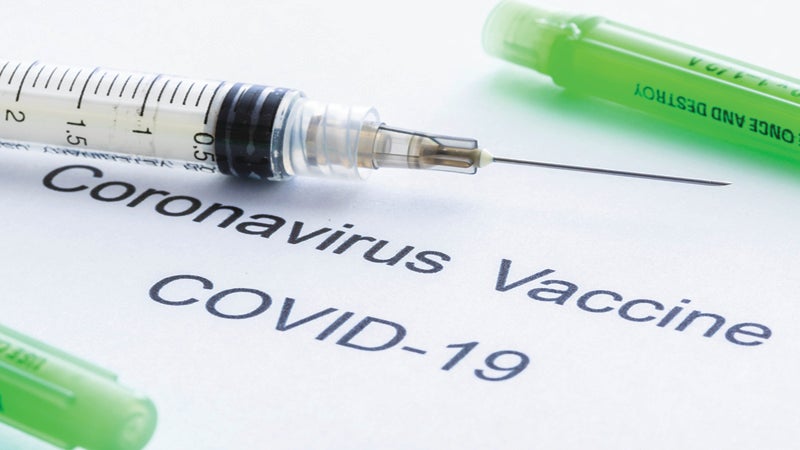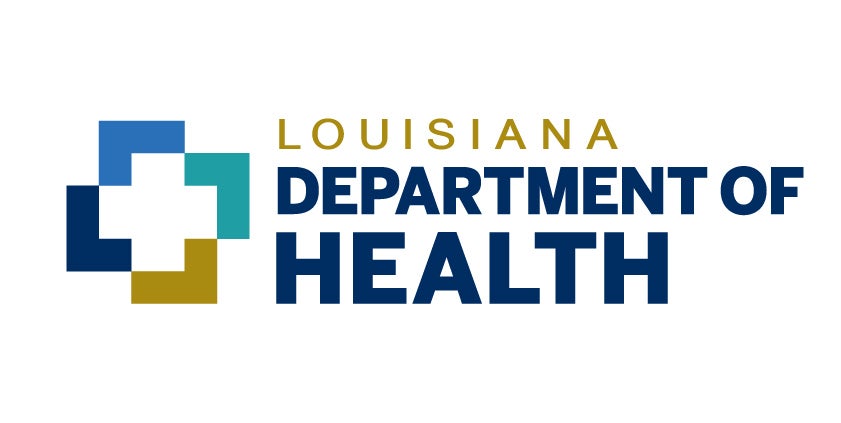Wallace: Louisiana has 2nd highest breast cancer mortality rate in nation
Published 12:00 am Wednesday, October 23, 2019

- Dr. John Wallace
In recognition of National Breast Cancer Awareness Month, throughout the month of October, Louisiana Healthcare Connections is promoting the importance of early detection to help improve the state’s rankings in breast cancer mortality.
According to the Louisiana Breast and Cervical Health Program, an average of 23.7 Louisiana residents per 100,000 die each year from breast cancer, compared to a national average of 20.9 per 100,000.
The LSU Health Tumor Registry recently launched a new data visualization resource that takes a closer look at diagnosis rates in individual parishes. According to LSU, breast cancer rates in females in St. John the Baptist Parish are above average at 122.7 cases diagnosed per 100,000 people in the population. This equates to approximately 32 women diagnosed with breast cancer per year in St. John.
While above average, LSU studies state St. John Parish diagnosis rates are not significantly different than statewide rates.
American Cancer Society research has shown that these survival rates improve significantly with early detection.
“Breast cancer is an equal opportunity killer. It affects everyone, regardless of sex or race,” said Marcus Wallace, MD, MBA, FACP, Louisiana Healthcare Connections Senior Vice President of Medical Affairs. “Finding and treating breast cancer in its early stages can save lives. National Breast Cancer Awareness Month represents an opportunity to promote the importance of getting regular screenings to diagnose the disease when it’s easiest to treat.”
Wallace encourages Louisiana residents to remember the following facts about breast cancer:
- The risk for breast cancer increases with age. Regular breast exams should be performed by your doctor at least every three years beginning at age 20, and women ages 40 and up should have regular mammograms.
- Breast cancer does not always start with a lump. If you notice any change in the size, shape or texture of your breasts, you should follow up with your doctor right away.
- Making sure your doctor is aware of your family medical history is important. Having a history of breast cancer in your family may put you at a higher risk for the disease.
- Early detection and treatment of breast cancer is key to a higher survival rate. Having regular screenings is the most important part of being proactive about your health.
- Men can get breast cancer, too. For men, the first sign of breast cancer is often a lump or mass found in the chest, usually behind the nipple.
“Talk to your doctor about breast cancer,” Wallace says. “Your doctor can help you to determine which screenings are right for you and how to reduce your risk for breast cancer.”
To learn more about National Breast Cancer Awareness month, breast cancer screenings and symptoms, please visit the National Breast Cancer Foundation, Inc. at NationalBreastCancer.org.
Marcus John Wallace, MD, MBA, FACP is senior vice president of medical affairs for Louisiana Healthcare Connections. With more than 11 years of experience as a managed care executive, Wallace came to Louisiana Healthcare Connections as a board certified physician trained in internal medicine. He has a personal commitment to quality health care.





